There was an anguished tweet from Fr Martin last week sympathizing with all the gay priests who were celibate, but were tainted by the McCarrick affair.
Fr Martin has lectured us before about his idea that we should use the word “gay” for all homosexual people because that is what they want to be called.
I think he has a point, but I’m afraid, like most of Fr Martin’s points, they seem good to start with, but when pressed they turn out to be rather sentimental and shallow.
I certainly don’t mind using the word “gay” for a person who asks to be be referred to with that term, but I think there are other homosexual men and women who would prefer not to be referred to as “gay”
It seems to me that there is a kind of forced labelling going on that is a form of bullying.
When I meet a person with negro features am I supposed to immediately say, “Oh. You’re African American!” Maybe he’s not. Maybe he’s from Nigeria or the West Indies or most anywhere else. When I meet a person who looks Asian am I supposed to say, “Oh! You’re a Chinese person!” They could be, but maybe they’re from Taiwan or maybe I can’t tell the difference between the different sub sets of the Asian appearance.
No. We don’t do that. We simply treat every person equally as a person, trying hard not to put them into our own pre-conceived categories simply because of their racial features.
The same applies to people’s sexual preferences. Its wrong to stereotype anybody. Why does Fr Martin continue to use the general term “gay” for all homosexual people? By doing so he stereotypes them, and puts them in the same big group.
It may be regrettable, but the fact of the matter is, when most people hear the word “gay” they think of San Francisco bath houses, rampant promiscuity, flamboyant drag queens, gay pride parades and LGBTQ activism.
Even if they try to put those things out of their mind when they hear “gay” they still think of the type cast gay man in films and TV who is limp wristed and giggles and gossips with his girlfriends.
Most of all when they hear “gay” they also assume that the man or woman is sexually active.
Therefore, it seems to me quite unfair to call a celibate Catholic priest who experiences same sex attraction “gay”. It labels him unfairly and puts him in a category group that is inappropriate and which he may not wish to be in at all.
I realize that some in the gay scene will protest, “If you’re a man who is attracted to men you are either out and gay and part of our tribe or you are in the closet, repressed and oppressed by homophobes.”
But this is an extremely forceful and bullying stance to take. What, must a man or woman who experiences same sex attraction “come out” and join your gay tribe? Doesn’t that put him into a marginalized minority group that he or she may not wish to belong to? When a young man is confused about his sexuality isn’t it a form of bullying to say, “You’re gay. You were born gay. You will always be gay. Why not find a nice boyfriend?”
But just because a homosexual does not “Come out” and join the gay tribe doesn’t mean is is necessarily repressed and “in the closet”
A celibate priest who experiences same sex attraction may well have become a mature, self actualized human being. He may well have come to accept his sexuality and finds his personality and ministry is fulfilled through his celibacy. To be truly well adjusted it seems to me that a person is not constantly talking about one’s sexuality. The truly well adjusted, mature and self accepting person realizes that he or she is more than his sexual preferences and simply gets on with life.
Indeed, as a priest, the man may quite rightly have a sense of dignity, modesty and respect for his parishioners. Why should he flaunt his sexuality in front of the children and devout old people of his parish? This doesn’t mean he is “in the closet” repressed and oppressed by homophobes. It might simply mean that he is a well adjusted, self disciplined, mature and modest person.
Therefore why not just drop all the labels and posturing and when we make moral judgements about people (which we must if there is to be justice) then why not choose to make those judgements not according to subjective and shifting categories of sexual preferences and stereotypes but instead simply make moral judgements according to behaviors?
So instead of “gay” or “same sex attracted” or any one of a hundred other labels we set aside people’s sexual preferences and simply assess what sexual actions a person is taking.
As Catholics we can cut right through all the different sexual labelling by asserting quite clearly what actions are licit and what actions are not according to the teachings of our church.
If a person is engaged in any sexual activity other than between one man and one woman who are married to one another for life and open to the gift of children, then that sexual activity is a grave sin and could be a mortal sin.
This treats everyone fairly and means one doesn’t need to distinguish between people’s sexual preferences.
A homosexual person? Why bother to say he is “gay”? For that matter why bother about whether he is homosexual? He is just another guy with sexual desires and temptations like anybody else. He is winning his struggle to be chaste or he is not. And if a person stumbles in their attempt to achieve chastity, then the sacrament of confession restores that person and administers the grace to continue the struggle.
“Ohh!” I hear homosexuals complain, “but the homosexual person is not allowed to get married and be happy!” That’s not exactly true. Lots of men with homosexual tendencies have married and become very good husbands and fathers and the demand for chastity has helped them do that.
If the person’s homosexuality is so profound that this is impossible, then it is a sadness that they must remain celibate, but many people are faced with the trial of being single and (if they are Christian) therefore celibate. Widows and widowers, people with disabilities, people who have simply never had a boyfriend or girlfriend or never been asked to be married. Many people struggle with the sadness of being unable to be married, and truth be told there are many people who are locked into a difficult marriage and struggle with loneliness.
Homosexual people are not alone in that trial, and anyone who is in that situation in life deserves our acceptance, support, sympathy and friendship.
If we dropped all the campaigning, the labeling, the posturing and crybaby bullying we might just be able to see people as they really are and help them with the life time task of achieving and accepting the gift of chastity and maturity in the Lord.

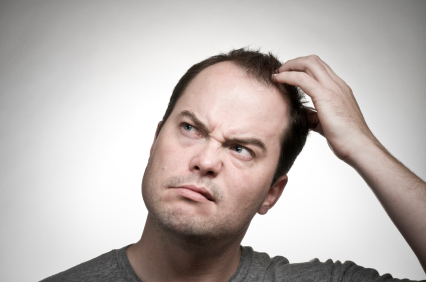
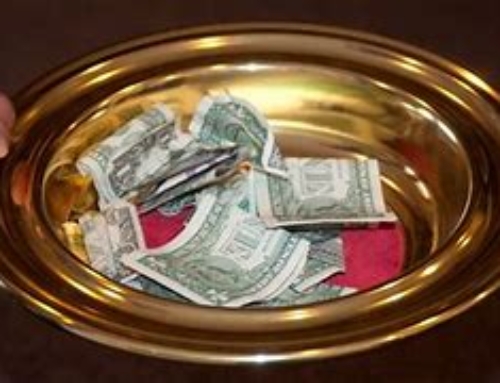
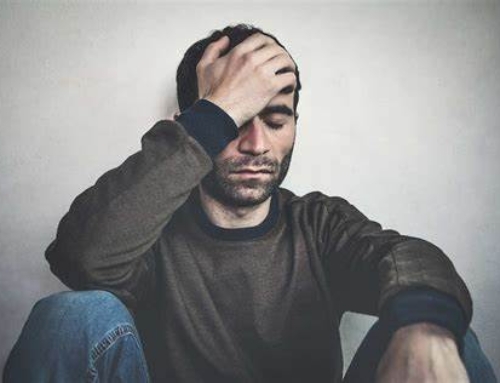
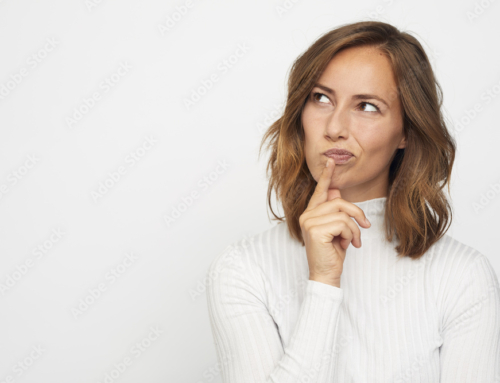

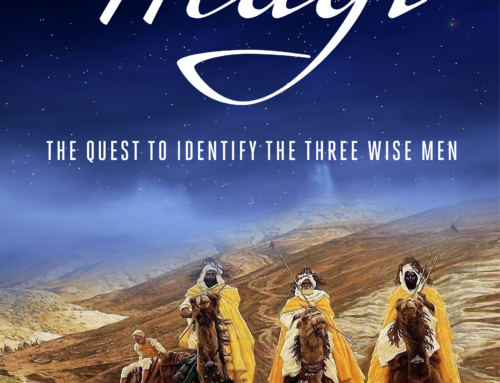
Great column Fr., encompasses the deleterious effect of boxing people by categories, labels on the labelled and labeler, reducing complexity, uniqueness of each and gifts each offer to the many around them. Also found your analysis of call to chastity by all very meaningful. Hope this is read by many.
In regard to the example of labeling someone “African American,” I brought up the question with a group of friends about how are black people referred to in Europe? They’re not “African American” there, so why are they here? Those of us who are Americans are just that–Americans. We had a number of students from African countries and Haiti in the college we went to–they were not “African Americans.” They labeling system has really gotten out of hand!
[…] is a second problem however, which I brought out in this post, and that is why we should be obliged to call a priest “gay” if he is celibate. For most […]